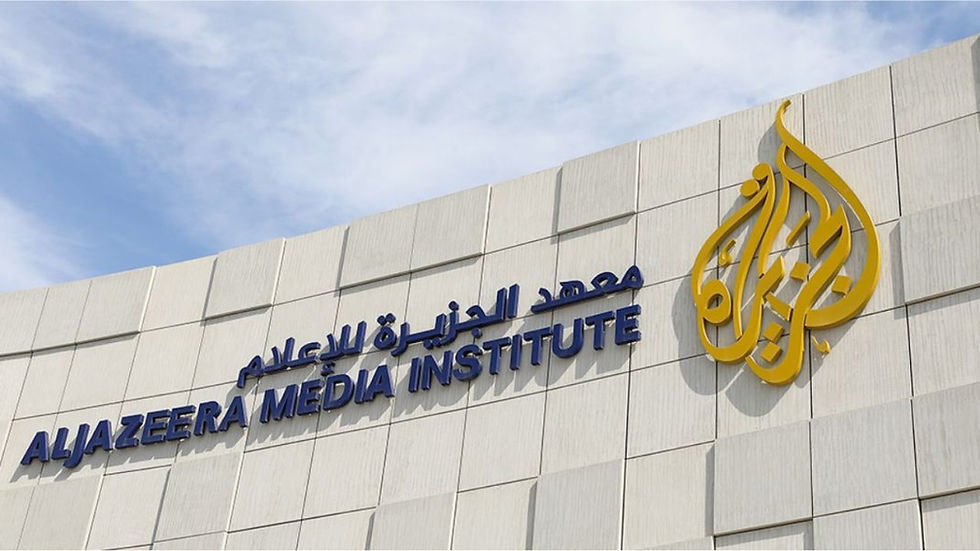Civil Society Scholar Awards
- Get In Edu-Consulting
- Jun 1, 2020
- 2 min read
Brief Description
The Scholarship Programs’ Civil Society Scholar Awards support doctoral students and university faculty to undertake academic projects that will enrich socially-engaged research and critical scholarship in their home country or region.
The Civil Society Scholar Awards support doctoral students and university faculty to undertake academic projects that will enrich socially-engaged research and critical scholarship in their home country or region.
Civil Society Scholars are selected on the basis of their outstanding academic record as well as their active engagement with local communities, their potential to champion open society values in their home regions, and their ability to strengthen critical scholarship and academic networks within their fields. Proposals may include international travel, but this is no longer required.
Eligibility
The awards are open to the following academic populations:
doctoral students of eligible fields studying at accredited universities inside or outside of their home country
full-time faculty members (must have a minimum of a master’s degree) teaching at universities in their home country
Candidates must be citizens of the following countries: Afghanistan, Albania, Angola, Azerbaijan, Belarus, Bosnia and Herzegovina, Burundi, Cambodia, Democratic Republic of Congo, Republic of Congo, Egypt, Equatorial Guinea, Eritrea, Ethiopia, Georgia, Haiti, Kosovo, Laos, Libya, North Macedonia, Moldova, Mongolia, Myanmar/Burma, Nepal, Palestine, Rwanda, Serbia, Sudan, South Sudan, Syria, Swaziland, Tajikistan, Tunisia, Turkmenistan, Uzbekistan, and Yemen.
Project duration: between three and 10 months
Eligible dates: March 1, 2021—December 31, 2021
Maximum funding requests: $15,000
We look to support academic research conducted within any field of the social sciences and humanities, but will prioritize research which specifically addresses pressing societal issues within the following themes, broadly defined:
defense against rising authoritarianism
sustainable development, climate action, and mitigating the effects of climate change
economic justice and worker rights
information democracy
addressing the impact of the COVID-19 pandemic on an applicant’s home country or region
The program does not discriminate on the basis of age, race, colour, sex, religion or belief, sexual orientation, gender reassignment, disability, pregnancy and maternity, or marriage and/or civil partnership.
Deadline
July 22, 2020
For more information, click here



Comments